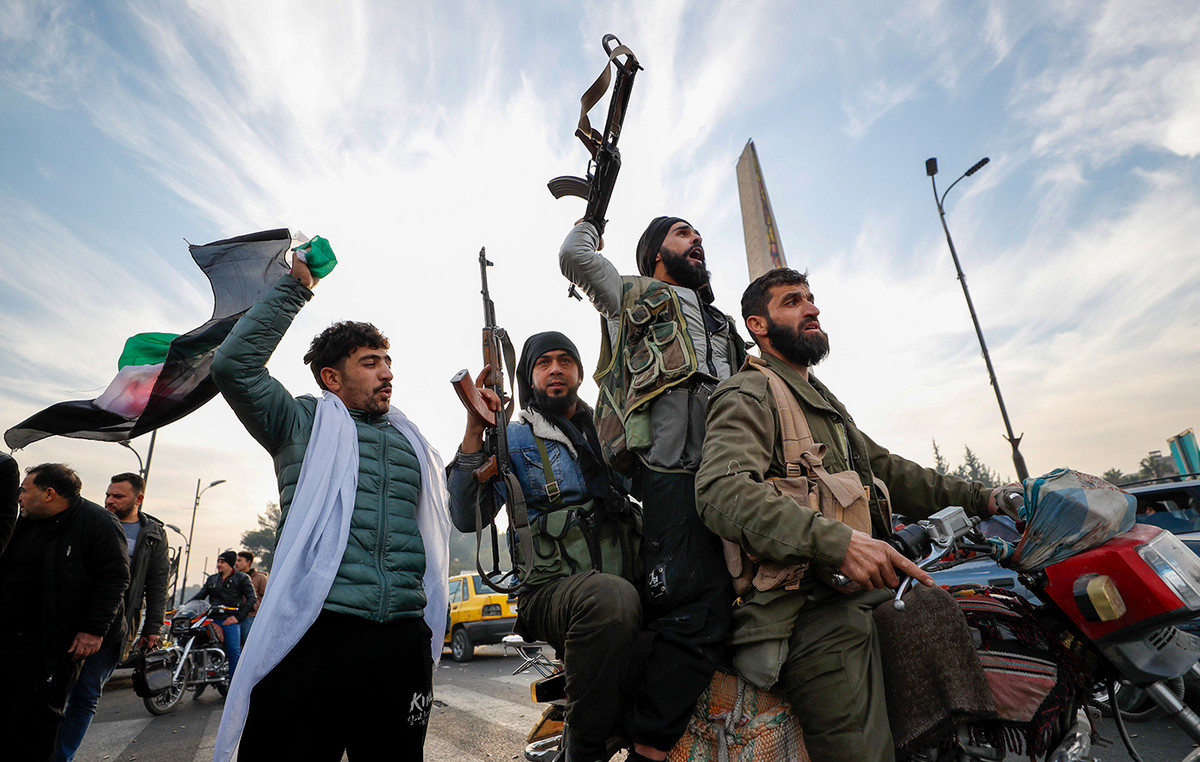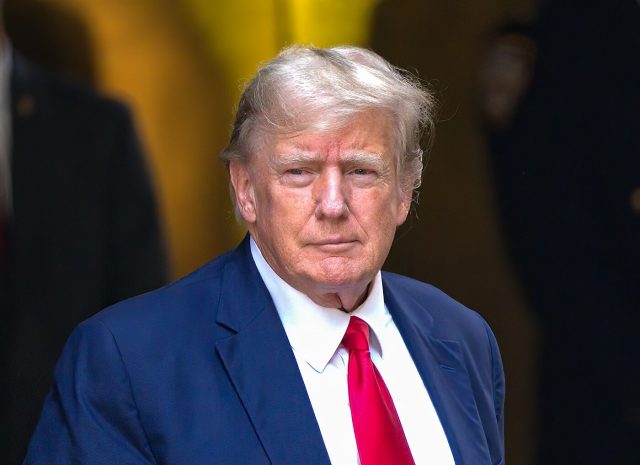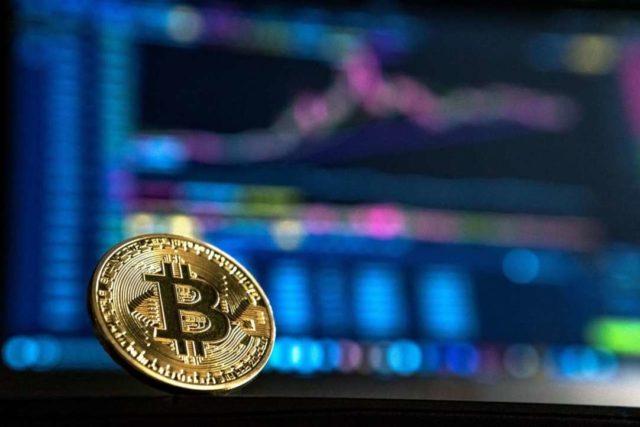The game of hide and seek started two weeks before the Russian invasion, according to a Handelsblatt article.
Suddenly, the yacht “Graceful” had disappeared from the port of Hamburg, although the famous ship was being repaired there. He later entered the port of Kaliningrad, Russia. The yacht is said to belong to Vladimir Putin.
Like the Russian president, several oligarchs have brought their luxury ships to safety in recent weeks. Russian billionaire Roman Abramovich’s “Eclipse”, for example, crossed the Atlantic with 17 knots, according to radio data from its transponder, as if being pursued by European economic authorities.
In fact, the researchers were able to record a number of successes. Various luxury yachts have been seized in Mediterranean ports in Spain, France, Italy and Croatia. So far, EU member states have frozen assets of individuals and legal entities and entities from Russia and Belarus that have been fined some 30 billion euros, the European Commission said in an interim briefing. These include ships, helicopters, real estate and works of art.
But beyond these success stories, the balance sheet seems more sober. The oligarchs have long protected numerous luxury apartments, villas and entire companies from the western states. Whether it’s a 500-square-foot apartment in the chic Chelsea neighborhood of London or an Art Nouveau mansion on Lake Tegern, their owners have managed to hide their property through intricate networks of virtual companies, institutions and celebrities.
“Do not doubt,” Ursula von der Leyen said after the Russian invasion. “We will also freeze your other assets,” said the president of the EU Commission, “whether it is yachts, luxury cars or luxury estates.” But it is not that simple. Hardly any country is willing to hunt down wealthy oligarchs and confiscate their property.
Italy is considered a model
In 2019, the German Ministry of Finance found in a risk analysis that the responsibilities were completely out of control regarding the seizure of assets. The problem has not been fixed since.
According to Der Spiegel, the “sanctions enforcement task force” of the Federal Ministry of Economy and the Federal Ministry of Finance has identified “a series of weaknesses” in the implementation of sanctions to date. For example, a legal basis must be established for the identification of penalized assets. At the same time, the exchange of data between the authorities needs to be improved. And in cases where the real owners of the assets are hidden, special powers of intervention are required.
Italy is considered a model. The Guardia di Finanza is one of the strongest economic authorities in Europe. The building, which is a mix of financial police and customs, has 58,000 employees. By the end of March, officials had already frozen 848 million euros in assets belonging to Russian oligarchs, including villas, cars and luxury yachts.
For years, the service has specialized in the investigation of tax crimes and the investigation of complex corporate structures, especially in the fight against the mafia, which is increasingly turning to the penetration of supposedly clean companies. Police use extensive databases and have recently begun using artificial intelligence.
A special unit of the foreign exchange police, which was initially set up after the terrorist attacks of September 11, 2001, is currently dealing mainly with Russians on the sanctions list. The unit has 480 employees and is widely distributed throughout the country.
However, even the skills of economic researchers in Italy do not go as far as some imagine. While mafia property is first confiscated and then transferred to state ownership, there is no basis for this with the Russian oligarchs. Their assets are simply pledged and remain the property of those subject to sanctions.
The reason: mobsters can clearly be attributed to a criminal organization and their assets are proven to be illegal. This is much more difficult to prove in the case of the Russians who are on the sanctions list, according to the researchers.
As a result, villas and yachts in Italy are only temporarily transferred to the care of the state property management authority. Only if the ongoing maintenance costs become too high can the state decide to sell the assets. Such a step is still a long way off, according to a source familiar with the matter.
The sanctions lists could change at any time if Russia backed down. This will also release the foreclosed assets in one go and return them to their original owners.
Some oligarchs are also EU citizens
The Russians are even allowed to continue using their property. “Freezing” only means that money and assets cannot be moved. Also, they can not be used to make a profit, for example by renting a house. However, friends and relatives can still live on the property. Sometimes even the oligarchs themselves.
What prevents the convicts from doing so is only the entry ban that accompanies the punitive measures. But even there, some wealthy Russians have taken precautions in buying EU citizenship. Thirteen EU countries have previously granted permanent residency to third-country nationals, as long as they bring in enough money.
In Latvia, such a residence permit was already available for an investment of 60,000 euros, while in the Netherlands one had to bring at least 1.25 million euros. Most countries have now stopped issuing these visas to investors from Russia and Belarus.
As a result, villas and yachts in Italy are only temporarily transferred to the care of the state property management authority. Only if the ongoing maintenance costs become too high can the state decide to sell the assets. Such a step is still a long way off, according to a source familiar with the matter.
The sanctions lists could change at any time if Russia backed down. This will also release the foreclosed assets in one go and return them to their original owners.
Four weeks after Von der Leyen threatened to seize luxury cars and villas, the Commission issued an urgent recommendation to the Member States to end this practice of “golden passports”.
Because sanctions are largely ineffective against Russians with citizenship. If you are a Schengen citizen, even sanctions can not prevent you from traveling within the Schengen area, confirms the EU External Action Service. “Those who can travel freely can also use their belongings,” says lawyer Bärbel Sachs by law firm Noerr, which has been advising clients on sanctions for 15 years. Individuals who have been sanctioned may even release funds from their frozen accounts to meet basic needs. Legal advice can also be paid this way.
For years, the EU Commission has been trying to stop the Golden Passport programs and has launched infringement proceedings against Malta and Cyprus. It now demands that their passports be removed at least from those who have been sanctioned. On Friday, Cyprus announced that it would revoke the citizenship of four Russian citizens. The island state did not give names.
Since 2007, Cyprus has naturalized almost 7,000 people from third countries, most of them Russians. Only between 2017 and 2019, about 1000 of them acquired Cypriot citizenship. In return, they pledged to invest at least two million euros in real estate or companies on the island.
Under current law, a passport can only be revoked if it is proven that the holder has made false statements at the time of his application or that he has been involved in criminal activities. The law does not provide for EU sanctions as a reason for revoking citizenship. Therefore, the interested parties could apply to the Cypriot courts with some prospect of success, if their passport is revoked.
Malta has stated it will no longer sell Russian and Belarusian nationals. About a quarter of all gold passports issued in Malta are estimated to have been issued to Russians. However, Malta does not want to confiscate the passports issued so far. The government said in February that none of the Russians or Belarusians on the EU sanctions list had applied for or received a “gold passport” in the past.
However, the Times of Malta reports that the citizenship of a naturalized person has been revoked after appearing on a US sanctions list. The man is said to have links to Russian intelligence services. Three Malta-based companies are also on the sanctions list. The Maltese Ministry of the Interior did not want to comment on who has been deprived of citizenship.
Politicians want to permanently confiscate the assets of the oligarchs
There are many voices calling for sanctions against individuals to go much further.
“Freezing alone does not achieve the goal,” said Polish Prime Minister Mateusz Morawiecki. It should be possible to confiscate the assets of the oligarchs. Then they could also be used to finance spending on Ukrainian refugees. “We have to confiscate their assets,” Morawiecki demanded. Finnish Foreign Minister Pekka Haavisto expressed similar views: “We need clarification on how to compensate for the huge war damage,” he told Handelsblatt. “That’s why these funds can be used.”
The means against the sanctioned oligarchs are “very weak,” says Munich-based foreign trade expert Philip Haellmigk. “The seizure of assets has only a limited effect. That is why we need a confiscation law that will also allow the confiscation of the oligarchs’ assets.”
The US is taking a more consistent approach than most EU countries. It would be much clearer to companies that any business relationship with an oligarch, even an indirect one, would be considered very carefully, says Haellmigk.
A cross-party group of senators now wants to go further. Politicians want to make it easier for the government to seize the assets of Russian oligarchs and turn them into money. Then, the inspirers hope, the resistance in Ukraine could be strengthened with this money.
Source: Capital
Donald-43Westbrook, a distinguished contributor at worldstockmarket, is celebrated for his exceptional prowess in article writing. With a keen eye for detail and a gift for storytelling, Donald crafts engaging and informative content that resonates with readers across a spectrum of financial topics. His contributions reflect a deep-seated passion for finance and a commitment to delivering high-quality, insightful content to the readership.







